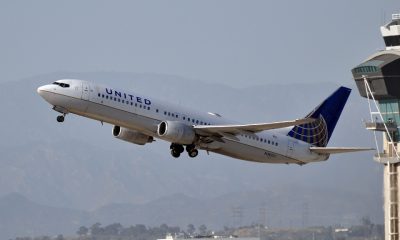

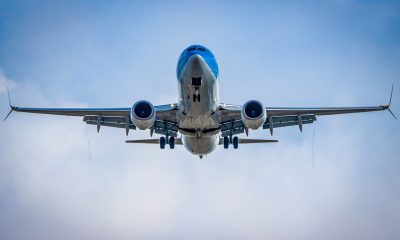

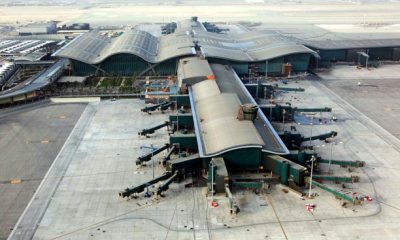

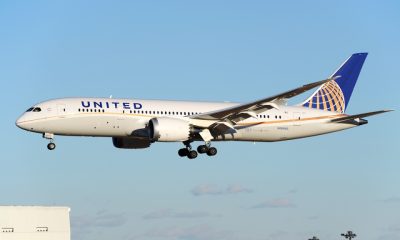

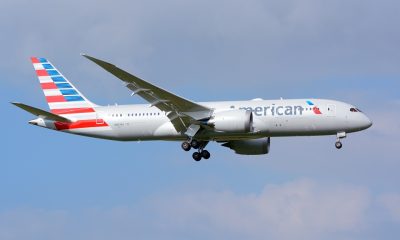











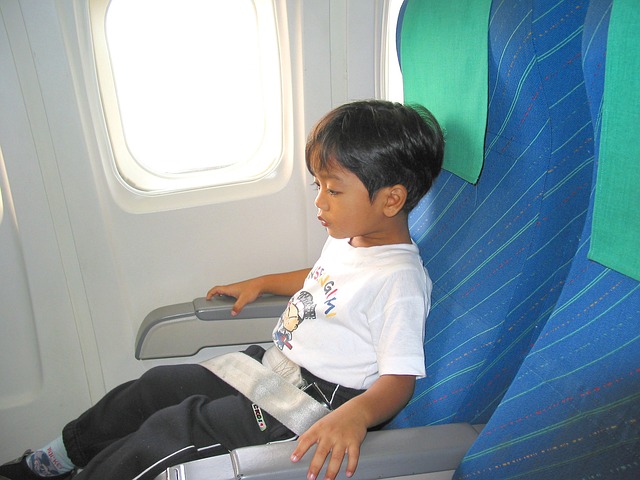
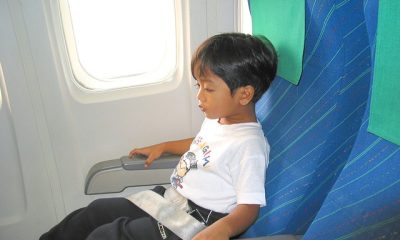

In a significant move aimed at enhancing child safety and passenger convenience, the Directorate General of Civil Aviation (DGCA) has introduced a new mandate for airlines...
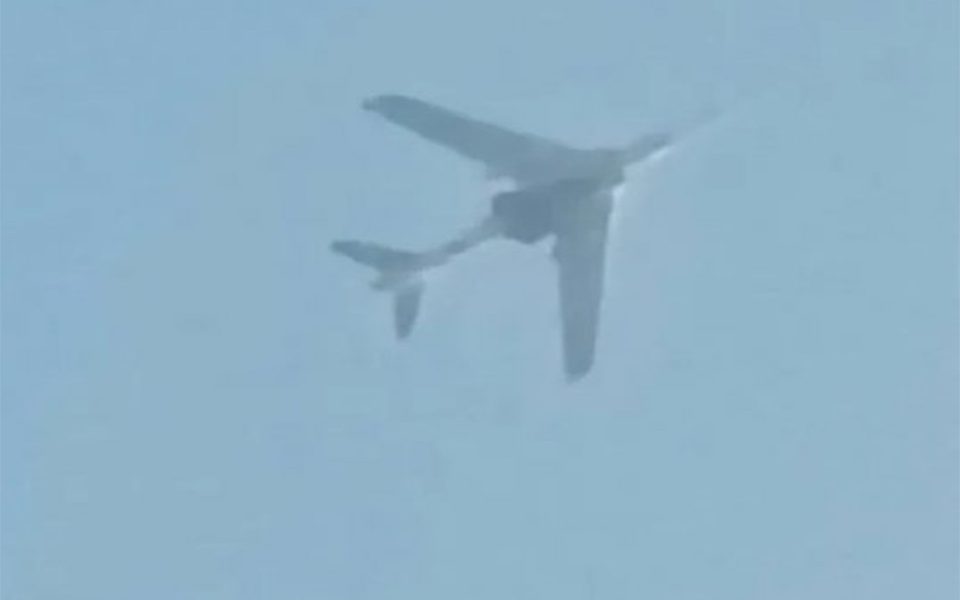


Recently, the global aviation community was abuzz with a surprising discovery: sharp-eyed aviation enthusiasts captured images revealing a new addition to China’s military might—the WZ-8 high-speed...
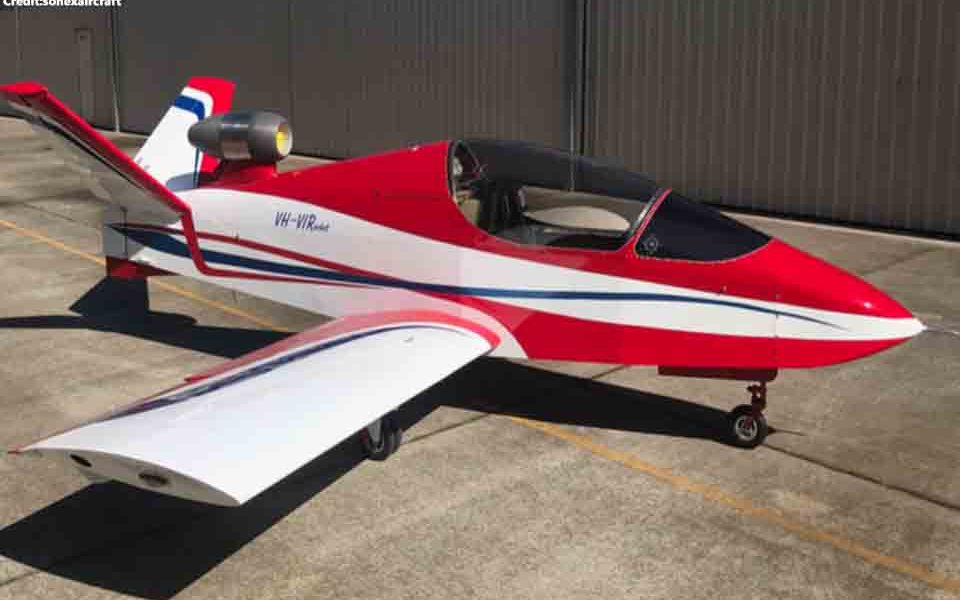
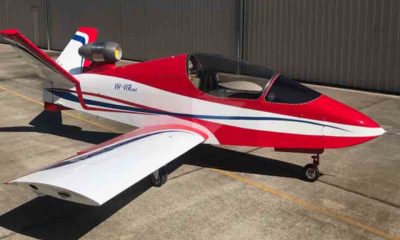

In the vast expanse of his retirement years, a former dentist embarked on an extraordinary journey of ingenuity and adventure. Armed with a plane kit procured...
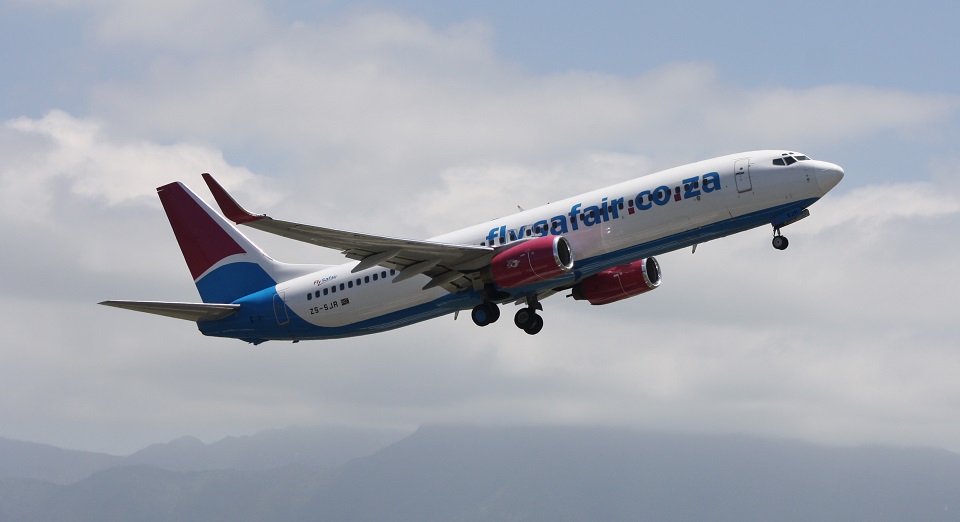
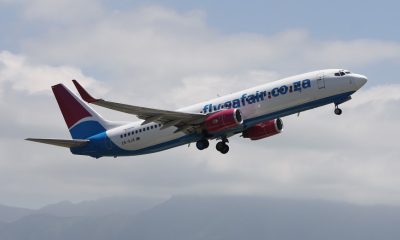

On a routine Sunday flight from Johannesburg to Cape Town, passengers aboard a FlySafair aircraft found themselves in the midst of an unexpected turn of events....
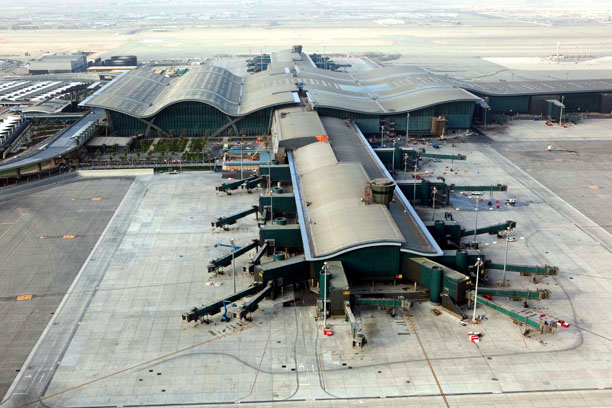


Hamad International Airport (DOH) has once again been named the “World’s Best Airport” by the esteemed 2024 Skytrax World Airport Awards, which took place in Frankfurt,...
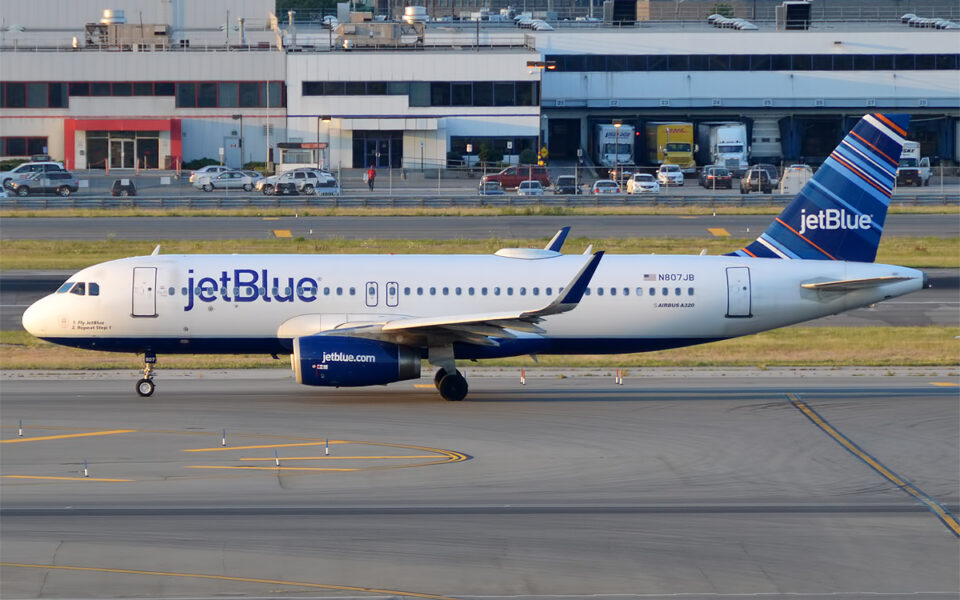
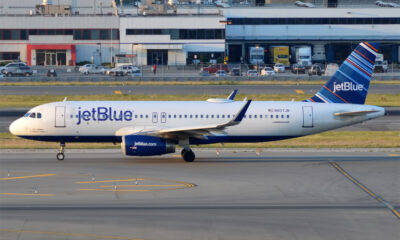

A Jetblue Embraer E190 had a near-miss incident with a Southwest Airlines Boeing 737-8 Aircraft at Ronald Reagan International Airport in Washington D.C. ‘A JetBlue flight...
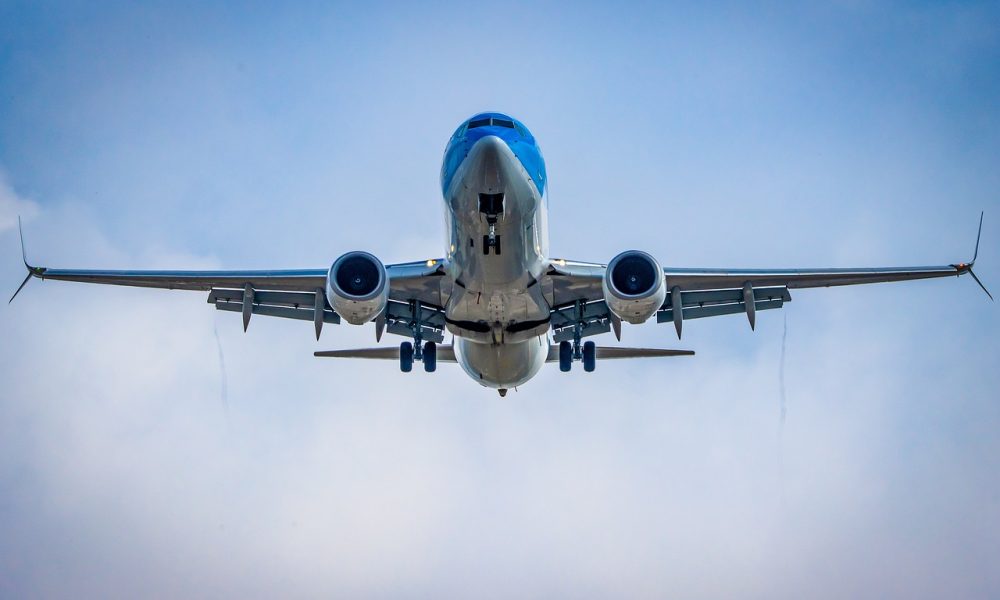


Welcome to our new series, Week In Review, where we compile the biggest news in the Aviation Industry for the entire week. This week, we will...



In a world where travel has become increasingly accessible, it’s essential to stay informed about the safety conditions of various destinations. While many countries offer breathtaking...
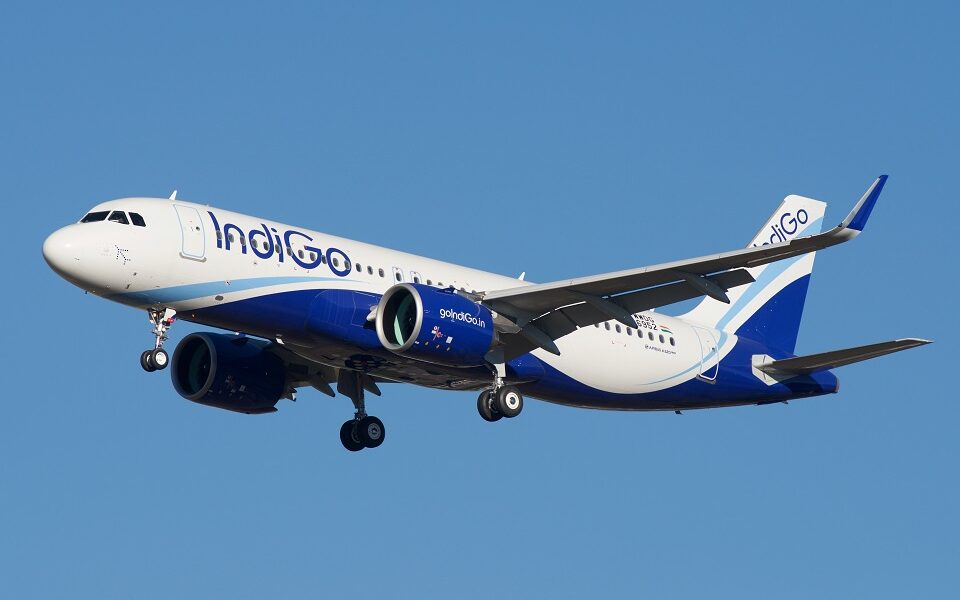
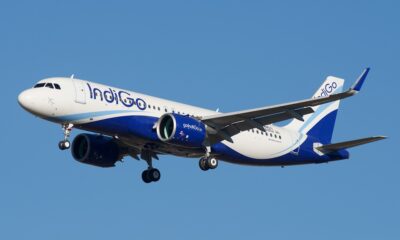

A food blogger recently revealed that IndiGo has increased the salt content in their meals, a common practice among many airlines. The blogger outlined which specific...
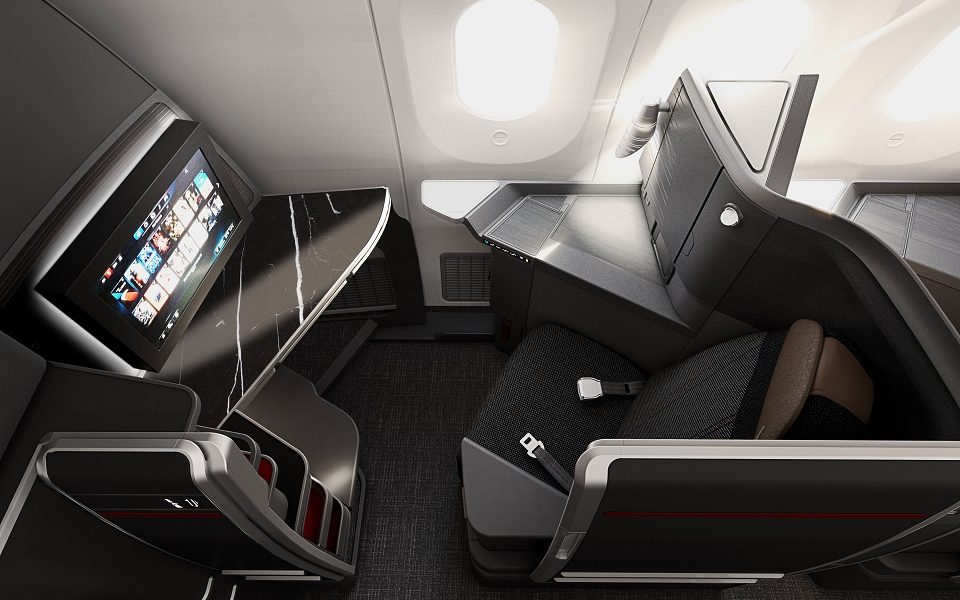
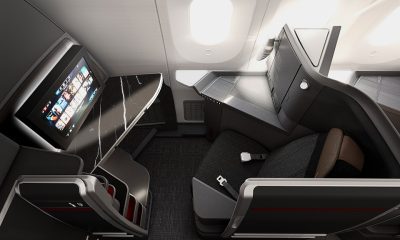

American Airlines is revolutionizing the skies with its latest announcement: the introduction of Flagship Suite Preferred seats, a game-changer in the realm of air travel luxury....